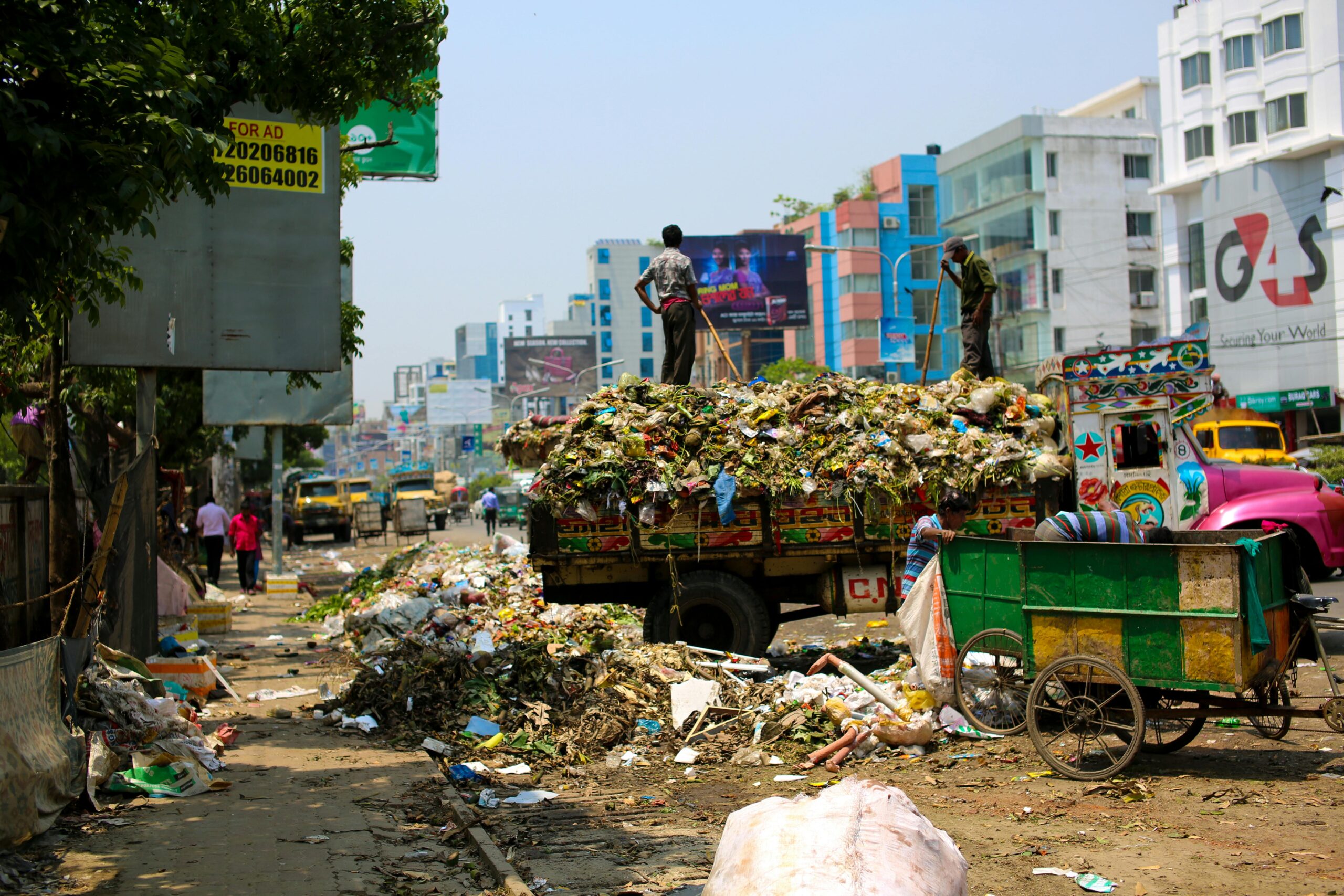KUALA LUMPUR – Households globally wasted more than one billion meals a day in 2022, while 783 million people were affected by hunger and a third of humanity faced food insecurity.
Food waste also continues to hurt the global economy and fuel climate change, nature loss, and pollution. These are the key findings of a UN Environment Programme (UNEP) report published today, ahead of the International Day of Zero Waste.
In 2022 there were 1.05 billion tonnes of food waste generated (including inedible parts), amounting to 132 kg per capita and almost one-fifth of all food available to consumers.
Out of the total food wasted in 2022, 60% happened at the household level, with food services responsible for 28% and retail 12%.
The data confirms that food waste is not just a “rich country” problem, with levels of household food waste differing in observed average levels for high-income, upper-middle, and lower-middle-income countries by just 7 kg per capita.
At the same time, hotter countries appear to generate more food waste per capita in households, potentially due to higher consumption of fresh foods with substantial inedible parts and a lack of robust cold chains.
According to recent data, food loss and waste generates 8-10% of annual global greenhouse gas (GHG) emissions – almost five times that of the aviation sector – and significant biodiversity loss by taking up the equivalent of almost a third of the world’s agricultural land. The toll of both food loss and waste on the global economy is estimated at roughly US$1 trillion.
“Food waste is a global tragedy. Millions will go hungry today as food is wasted across the world,” said UNEP executive director Inger Andersen.
“Not only is this a major development issue, but the impacts of such unnecessary waste are causing substantial costs to the climate and nature. The good news is we know if countries prioritise this issue, they can significantly reverse food loss and waste, reduce climate impacts and economic losses, and accelerate progress on global goals.” – March 27, 2024

